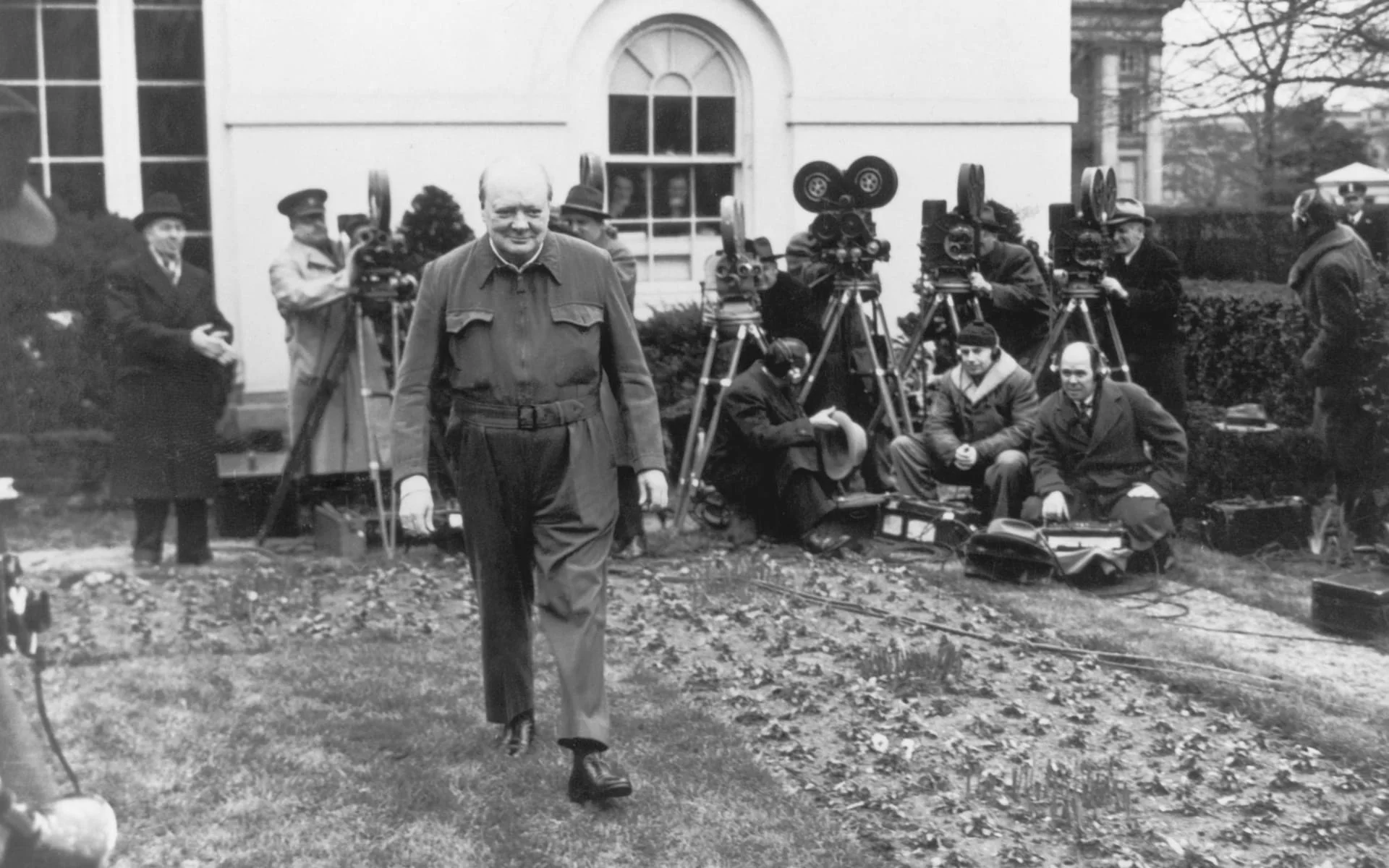How hunger affects decision making
In a sense, life is the sum of the decisions you make.
The better the decision, the better the likely outcome.
With this in mind, it pays to spend time learning how to get better at it. Especially those with the very important job of dispensing justice.
In 2012, researchers at Ben Gurion University in Israel and Columbia University examined over 1,000 decisions made by eight Israeli judges who ruled on convicts’ parole requests.
Right after breakfast, they approved around 65% of parole cases but only about 15% right before lunch. After eating, their approval rate went back up to 65%.
Why is this?
A 2016 study conducted by a team at The University of Gothenburg can help shed some light on the matter. Their research revealed that a hormone produced in the stomach called ghrelin seems to affect the brain's ability to think rationally, making us more impulsive.
It’s also likely impacted by ‘decision fatigue’ caused by making repeated decisions over time. As the judges get to the end of a session, they become tired and so tend to opt for the decision which requires the least mental effort.
The message here is clear. If you’re in the position of having to make a difficult decision try to avoid doing so on an empty stomach.






